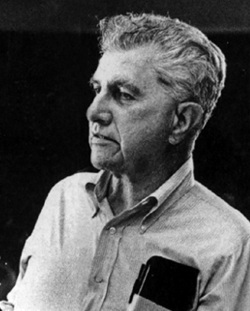A Quote by Stewart Butterfield
I think email's going to be around for, like, another 10,000 years. It's a great way to cross organizational boundaries.
Related Quotes
We don't have great answers to what jobs will look like in 10, 20, 30 years. And I think it's right for people to have some anxiety in a world where driverless cars are going to take over. Like, how are you going - it's gotten really, how are you going to have a job in 10 years, and how are your kids going to have a job in 10 years, if you haven't gone to college or had a lot of hand-ups in the system, basically.
I don't really know what's going to happen 10,000 years from now. We've been biologically modern for, what, almost 200,000 years? Let's go back to the cave paintings: I think the moment that someone landed a charcoal on a wall to describe reality, that's language already - that happened on a vertical surface, which, even though they didn't build it, somehow we could understand it as architecture because there's a cavity that separates the inside and outside. That's 40,000 years in the past.
Winning slowly is another way of losing. Americans are screwing up our health care system again right now. That's going to cause grave trouble for people over the next five, 10 years. There are going to be lots of people who die, lots of people who are sick. It's going to be horrible. But 10 years from now it will not be harder to solve the problem because you ignored it for those 10 years. With climate change, that's not true. As each year passes, we move past certain physical tipping points that make it impossible to recover large parts of the world that we have known.
At the end of the two years that I was the director [of the Center for Reproductive and Sexual Health in Manhattan], we had done 60,000 abortions. [During my life] I myself, with my own hands, have done 5,000 abortions. I have supervised another 10,000 that residents have done under my direction. So I have 75,000 abortions in my life. Those are pretty good credentials to speak on the subject of abortion.
At what point, 2,000 years on from the life of Jesus, do we need a refresher course? Another 2,000 years? Imagine 100,000 years’ time – would the story of Moses’ burning bush amaze a generation laden with unimaginable scientific and technological wonders? Here lies religion’s biggest quandary. While science is squeezing the life out of God, how is religion going to muster a counterattack from here?
The 10,000-hours rule says that if you look at any kind of cognitively complex field, from playing chess to being a neurosurgeon, we see this incredibly consistent pattern that you cannot be good at that unless you practice for 10,000 hours, which is roughly ten years, if you think about four hours a day.

































